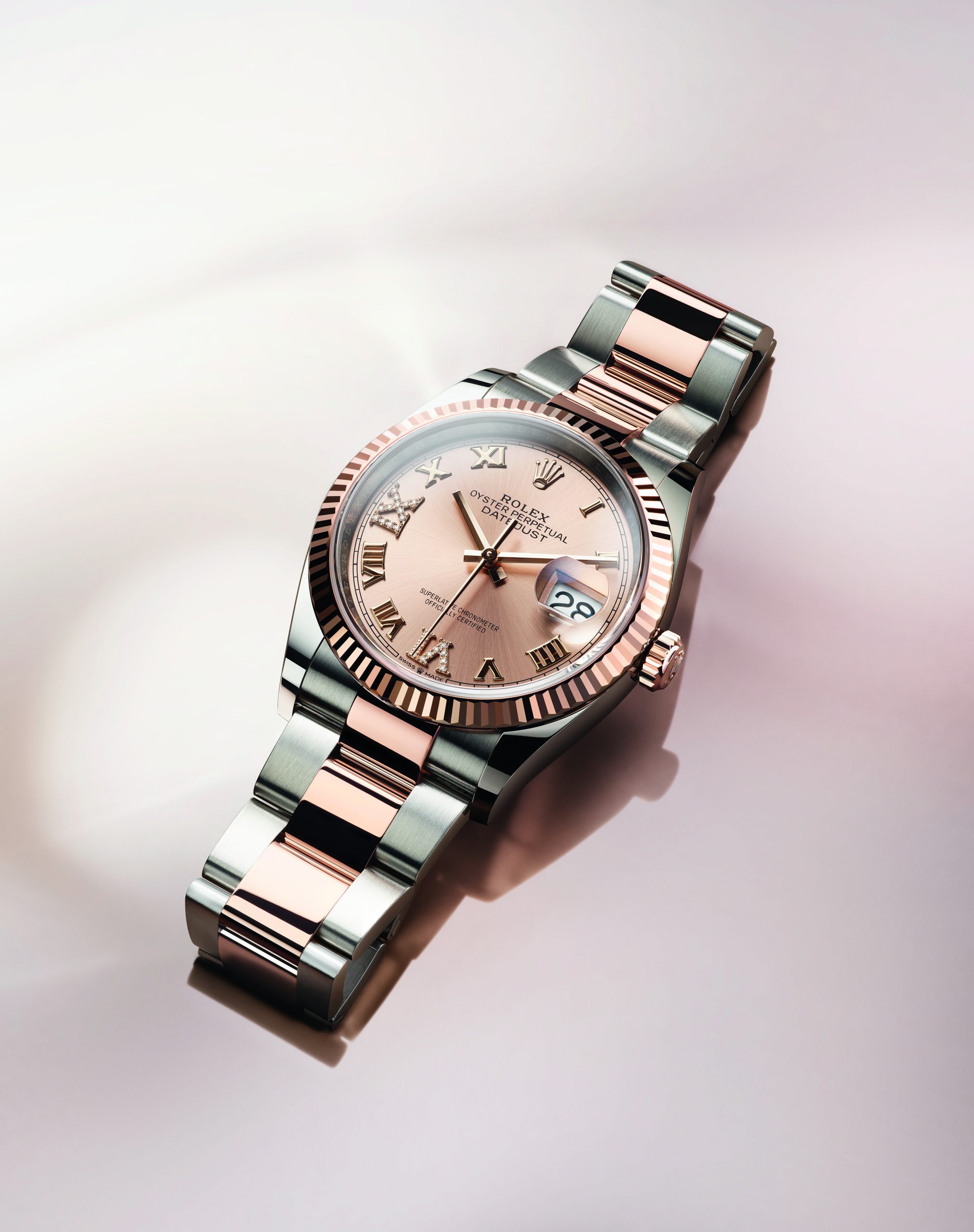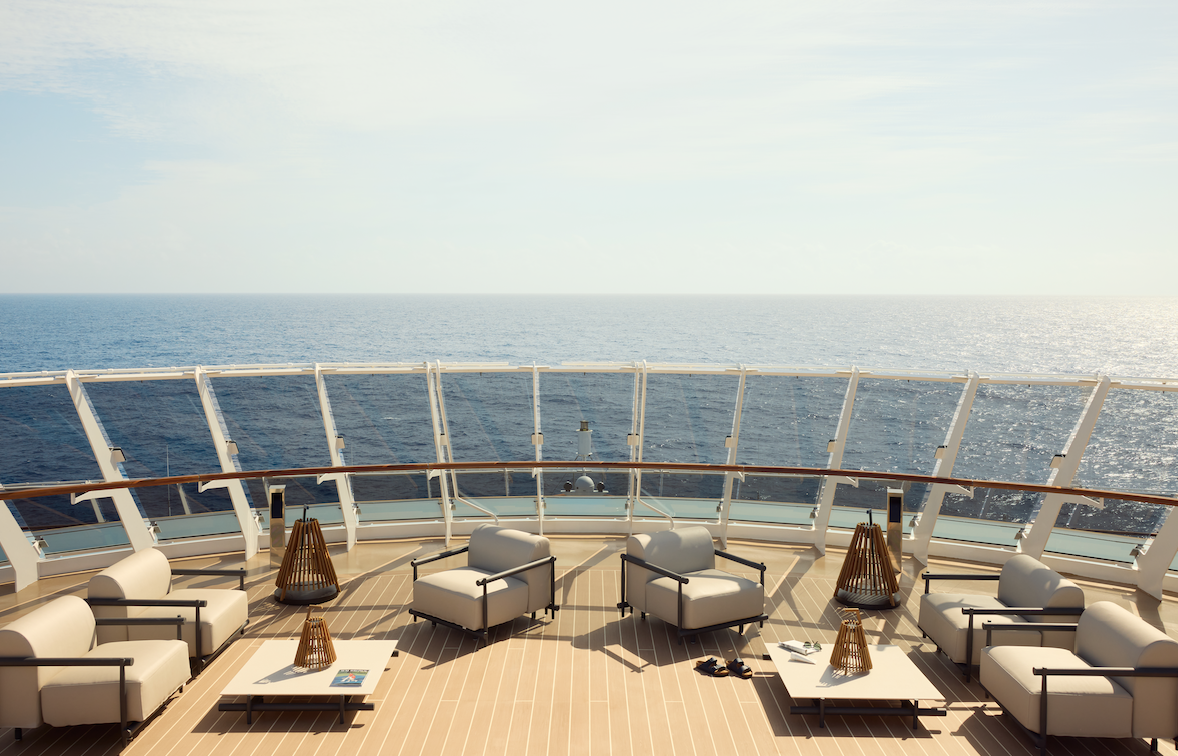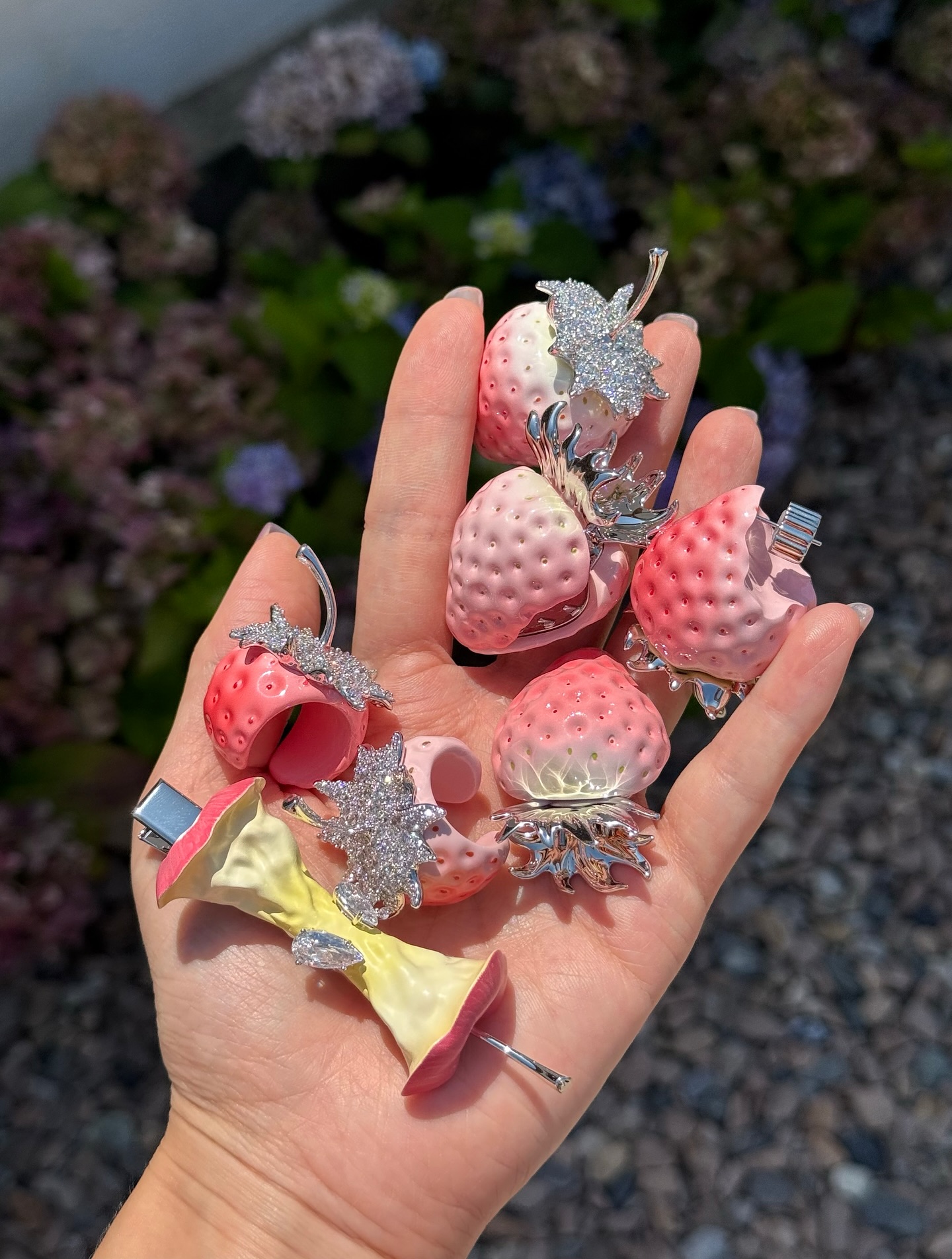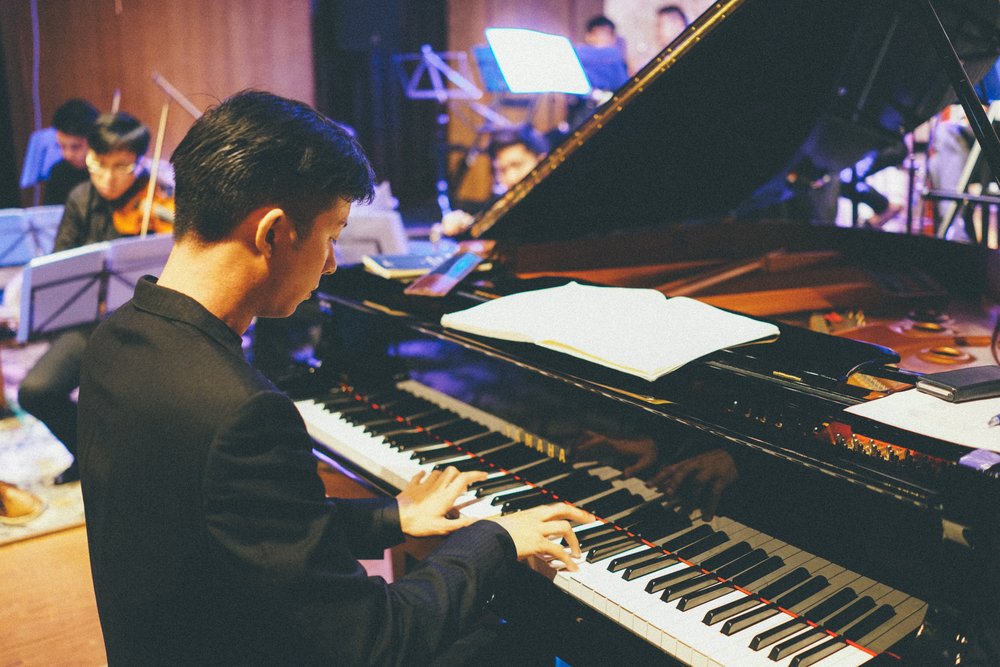
If you’re haunted by dreaded piano lessons as a child and stuffy classical concerts where people hold their breaths between movements, think again. KaJeng Wong made a name for himself as one of Hong Kong’s most prominent young musicians, and in 2013, founded Music Lab to help redefine classical music in today’s social context, promoting a new way for the new generation to enjoy classical music.
#legend spoke to Wong about his growth as a musician, his aspirations and how he hopes the Music Lab Festival will help cultivate young talent in the city.
When did you become a pianist? When did you want to make a career out of it?
I decided to become a pianist after my HKCEE exams in Form 5. It was a sudden calling that I had- I wanted to answer to my talents and ambitions.
Were your parents supportive? A lot of parents think a musical career isn’t easy and try to dissuade their children.
My parents were very supportive. Though my father warned me of the difficult path that it may be. This thought became my biggest motivation to work hard and to achieve the most that I can.
What challenges do you face being a local musician?
I believe the hardest challenge of any musician is to remain integral to yourself while being connected with the society. We as artists have to have something personal to say, as art is about personal expression. But one must also consider the ongoing wheel of the world as well.
Where did you get your musical education?
In the States, and whenever I go to festivals or competitions.
How has the local music scene changed in the past few years?
The music scene in Hong Kong was definitely blossoming in the past few years, and I am proud to have been part of it. The sheer number of promising young musicians returning, improving and sharing their great talents is staggering. The audiences notice this growth and have been supportive too. It is also wonderful to see all these activities regularly on social media. It feels like a big family.
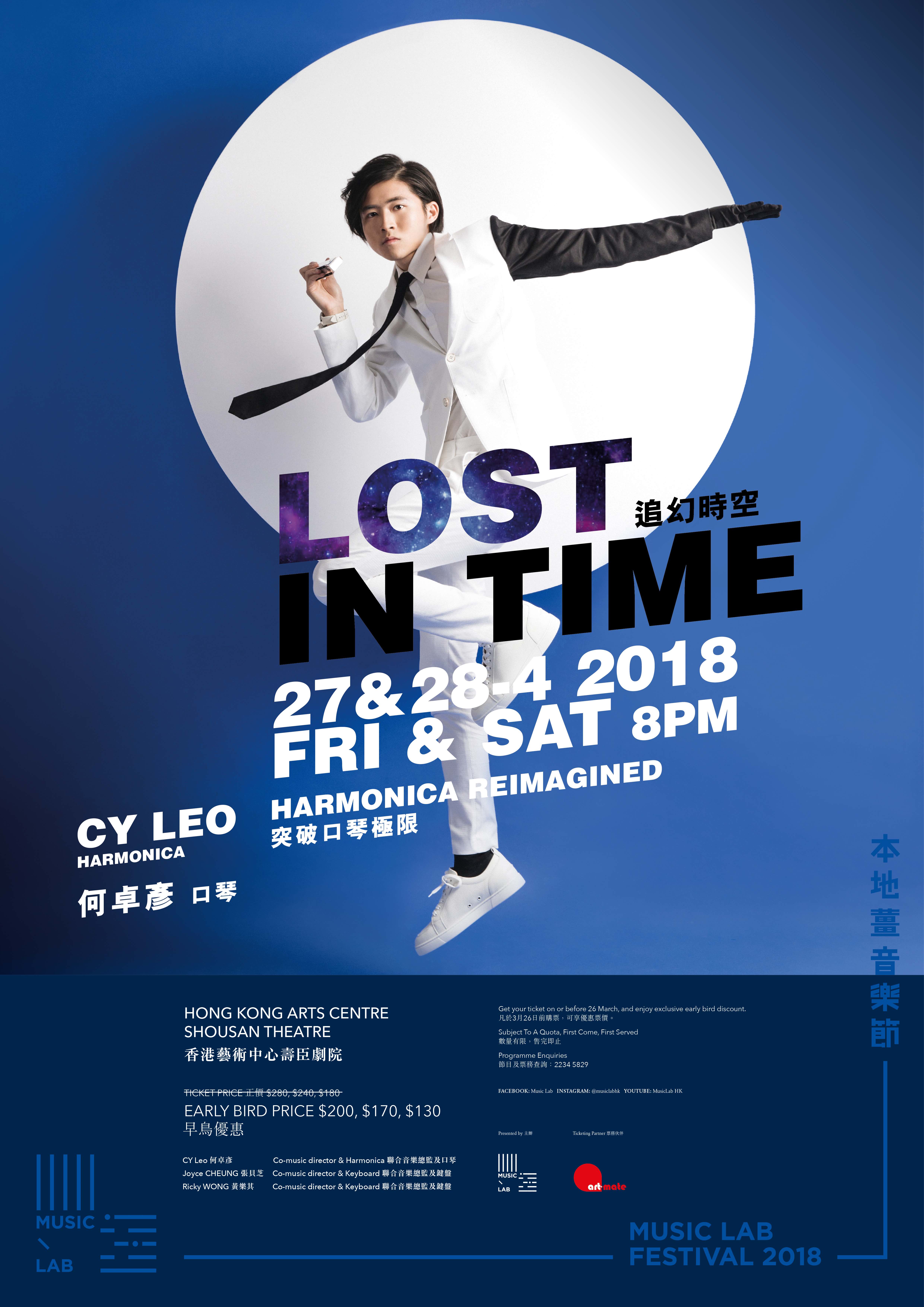
What inspired you to start Music Lab?
I wanted to start Music Lab when I felt the strong urge to realise my personal projects.
Do you think local musicians have more support these days? How does Music Lab help them?
When we started out, we were a bunch of musicians and fresh administrators having little experiences in our society. We were trained in university for our skills, but we were yet to be tested. I believe this is what local musicians face as well: they were trained musically, but do not know what to do with their skills. Therefore Music Lab wants to be a grooming hub where we engage the musicians to work with us. In this process, the musicians gain experience through opportunities our team improves as a programming force, and our audiences are surprised with our creativity.
Can you tell us a bit more about the Music Lab Festival?
2018 marks the third year of the Music Lab Festival, an annual flagship event where we produce top-quality and the biggest productions of our year. As a music festival, we do not limit ourselves to only one musical genre, and we try to be as original and as creative possible. Our aim is to produce programs organically and to ultimately bring them abroad.
How’s it different from your usual concert performances?
It is definitely very different from playing a recital at a music conservatory where everyone knows music already! Back then I can be a “purist” I didn’t have to think about all these other elements. But being at this position I must think out of the box, and to think from the perspectives of the audiences. Frankly, I quite enjoy it because it is perfect for my personality too.
There are stories behind each concert theme, which one is your favourite?
Out of all the past concerts that I have done, my favourite was my piano recital last year “God or No God”, and “Beloved Clara”, a chamber concert. I am very pleased that my audiences have had raving reviews on them too.
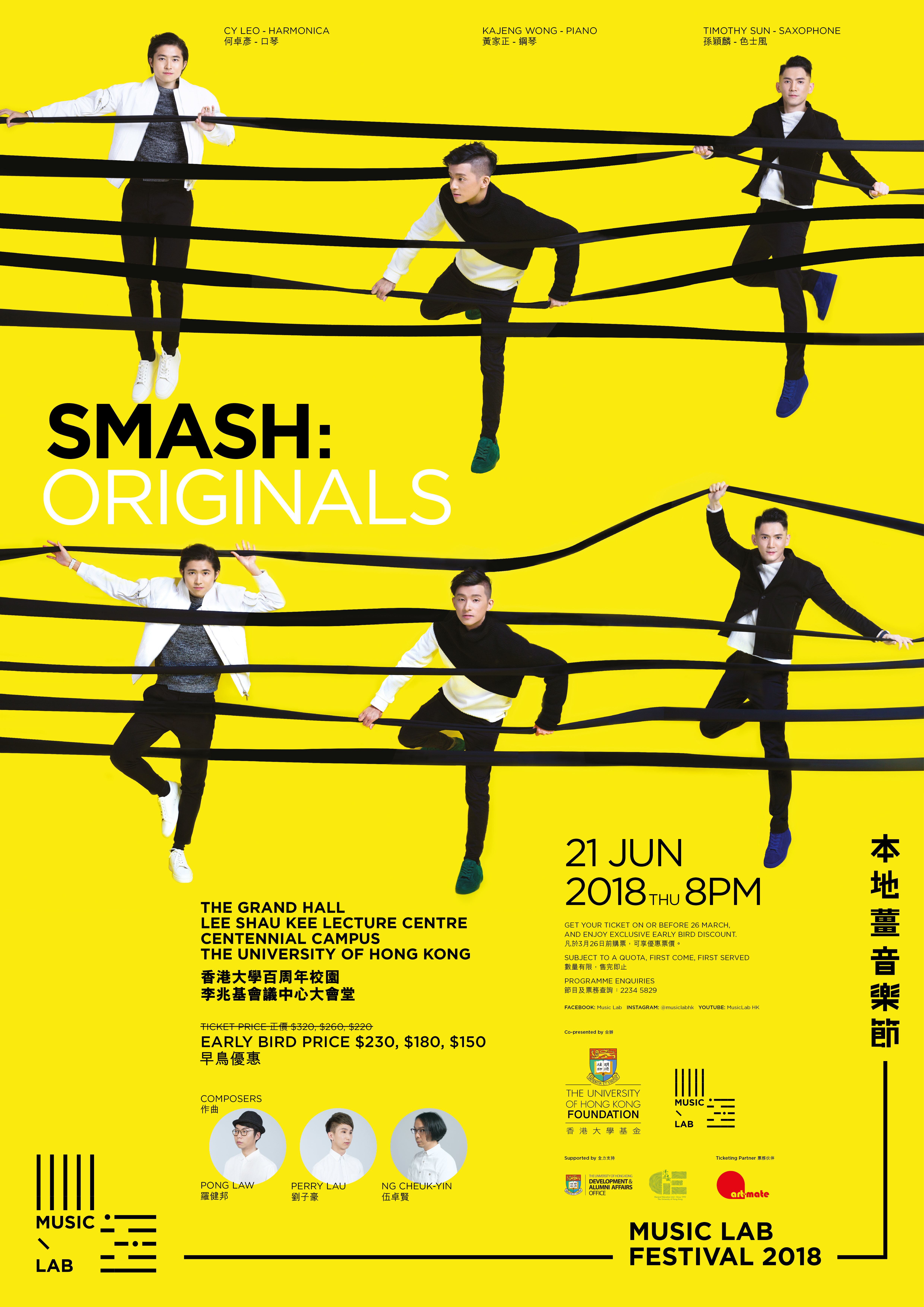
What are some challenges of trying to organise something this big?
The only challenge is to keep everyone focused on our ultimate goal, which is to promote classical music to a greater mass, as well as elevating our status as local musicians. I have utter faith in ourselves – our musicians and audiences. And this faith is what keeps me going.
Where do you think Hong Kong’s music scene will be in the next ten years? Will there be even greater appreciation for classical music?
I have the best hopes for the future. I am an optimist. I believe there will be even greater talents returning, and the audiences will enjoy more variety of programs. To facilitate this growth, hopefully there will be even better venues available, and I hope to make a name internationally for Music Lab too.
The Music Lab Festival includes three different programmes and starts on April 27, with the last concert on June 21. You can find out more about The Music Lab Festival’s programme here.



